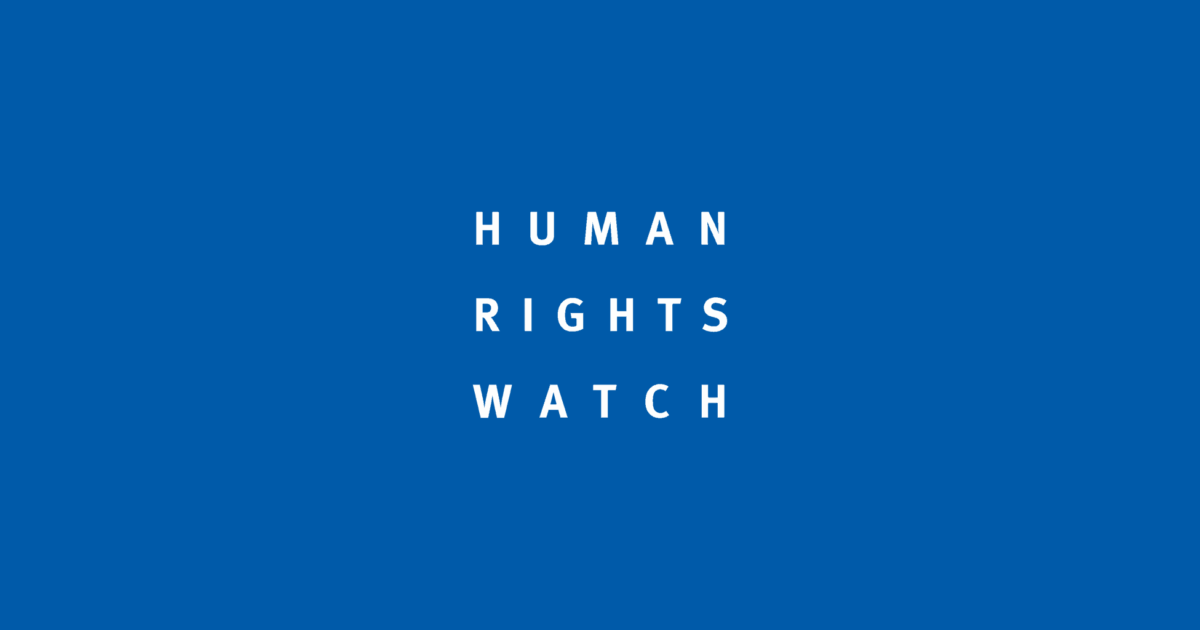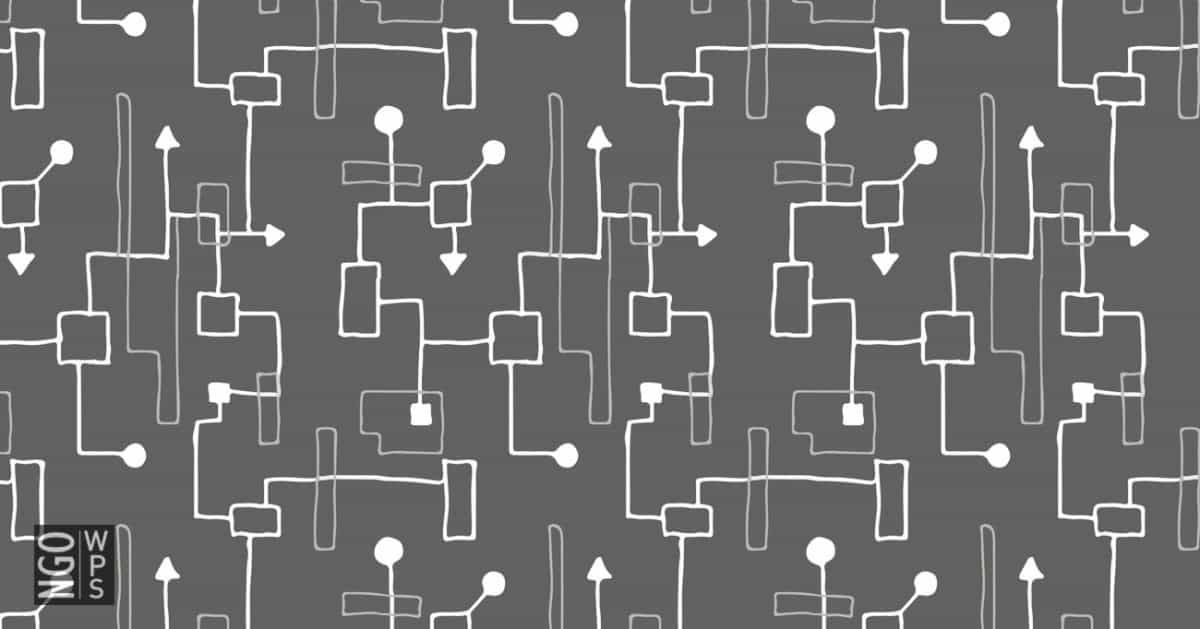Liberia
Liberia
Women in Liberia were powerful non-violent activists during the years of the the Second Liberian Civil War (1999-2003), and have led the efforts to rebuild their country through empowering women to participate in politics and peace processes.
Under the presidency of Ellen Johnson Sirleaf, the first democratically elected female head of state in Africa, Liberia has developed a National Action Plan on the implementation of Resolution 1325 (2000), and began a constitutional review process in 2015 that many hoped would outlaw discrimination against women.
However, traditional and cultural practices perpetuate gender inequality through today, exacerbated by the de-prioritization of the gender equality agenda following the Ebola epidemic. Women community leaders were instrumental in stopping the spread of the Ebola virus in 2014, during which women paid a particularly high price— three in four Ebola deaths were women, due to their traditional roles of caregivers (Liberian Ministry of Health).
Based on the work of NGOWG members and their partners, the NGOWG advocates for the Security Council’s continued support for the United Nations Mission in Liberia (UNMIL) in the effort to mainstream the women, peace and security agenda across its entire operation, giving special attention to sexual and gender-based violence.
Current and Past Recommendations to the UN Security Council (Monthly Action Points)
In the next report on the UN mission in Liberia, UNMIL should provide information on its progress in sensitizing and develop the capacity of its personnel, the Government of Liberia and civil society with regard to issues of gender, sexual and gender-based violence, and sexual exploitation and abuse. The report should include the current status of human rights in Liberia, including the weakness of rule of law institutions, economic insecurity, and the continuing limited access to social services. Finally, the report should address progress and challenges in ensuring that the Liberian National Police Gender Unit receives ongoing adequate gender training, and adequate logistical and equipment support for the unit.
Relevant Resources









